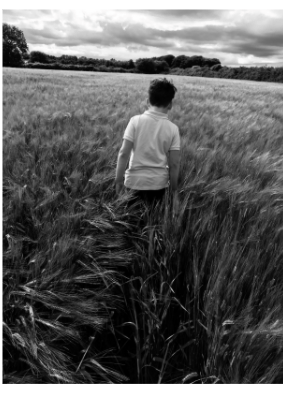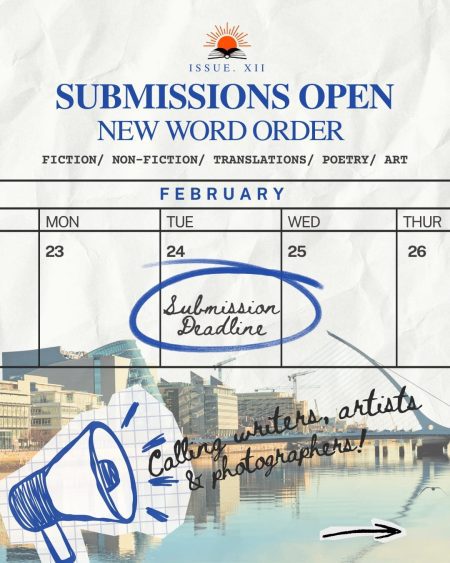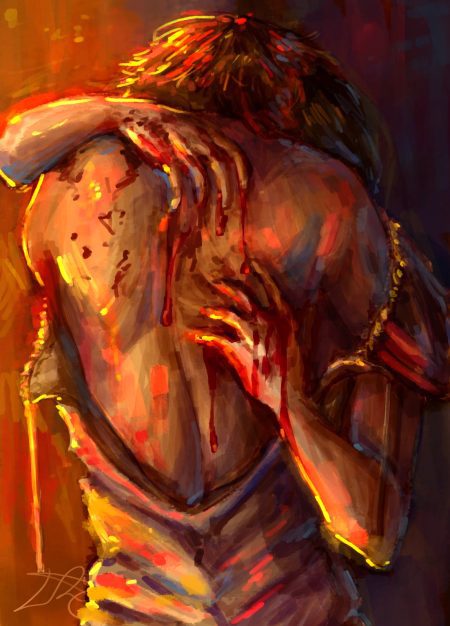By Kelly Michels
Photography by Rachel O’Sullivan. Her full profile is available in the Art & Photography section.
You’ve heard the stories:
A cat named Skittles vanishes on vacation
only to reappear at home 350 miles away
or the Airedale Terrier running loose from its owner’s car
only to be found 45 miles later in his backyard. Better yet,
the house cat who preferred warmer weather, spent
six months walking 480 miles to the family’s
vacation home on the French Rivieria.
But humans? We spend most of our time lost,
so lost, it becomes second nature, the second guessing,
pulling over for directions, arguing with each other
in the backseat, we spend so much time lost
that I wonder if I were dropped off in the middle
of nowhere, on another continent, how would I ever
find my way back to this tiny island of skittish light
where everything changes all at once, the sky, the sun
hiding, reappearing, this island I call home where
nothing looks the same way twice, where the clouds
move so fast, at times I can feel myself spinning on the heel
of the earth. Would I ever find this place again?
Birds, like homing pigeons, have iron in the cells of the inner ear
that align with the earth’s magnetic field; salmon use the trail
of their own scent through water; seals have hydrodynamic
reception, bats, echolocation, but we were born with nothing,
no superpower magnetic sensing, no scent we leave behind
and trace back. We possess nothing. What we have
is outside ourselves, so outside it is not even
of this world. What we have are the stars,
and the stars alone, a constellation of lost light
or the echo of light. What we have is the memory
left behind, everything that once was and will never
be again. This is how we move through the dark,
how we stumble outside ourselves, guided
by a universe remembering what’s gone,
a history of loss and its wandering
radiant light, telling us who we are,
where to go. This is how we get home.



